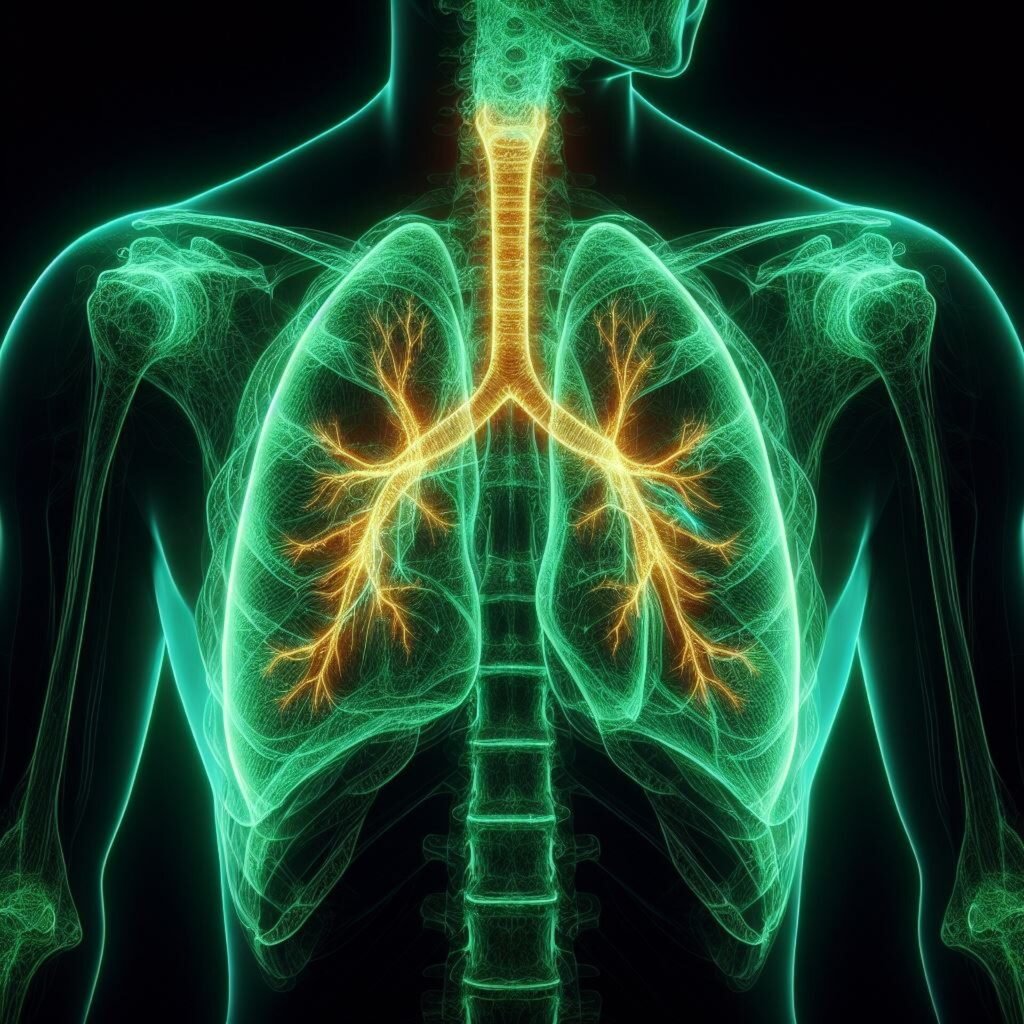A recent study published in the journal Thorax has found a concerning link between the consumption of ultra-processed foods (UPF) and an increased risk of lung cancer. This research sheds light on the potential impact of dietary habits on the development of this deadly disease.
Lung cancer is one of the most common forms of cancer worldwide, with millions of new cases and deaths reported each year. The study focused on UPF, which are heavily processed foods that often contain additives, preservatives, and high levels of sugar, salt, and fats. Examples of UPF include items like frozen meals, sugary drinks, and processed snacks.
The researchers analyzed data from the Prostate, Lung, Colorectal, and Ovarian Cancer Screening Trials, which involved over 100,000 participants. They found that individuals who consumed higher amounts of UPF were significantly more likely to be diagnosed with lung cancer compared to those who consumed lower amounts. This association held true even after adjusting for other factors like smoking and overall diet quality.
While the study was observational and cannot establish causation, the researchers emphasize the negative impact of UPF on overall health. These foods are often low in nutritional value and may displace healthier options like fruits, vegetables, and whole grains. Additionally, the processing of these foods can lead to the formation of harmful contaminants that may contribute to cancer risk.
The findings of this study highlight the importance of evaluating dietary choices and their potential effects on health outcomes. Limiting the consumption of UPF and focusing on whole, unprocessed foods may help reduce the global burden of lung cancer. Further research is needed to confirm these results and explore the mechanisms underlying the link between UPF and lung cancer risk.
For more information on this study, you can refer to the article published in Thorax and access the DOI link for detailed findings. The research was provided by the British Medical Journal, a trusted source of medical information and research.
In conclusion, the study underscores the importance of a healthy diet in reducing the risk of lung cancer. By making informed food choices and prioritizing whole foods, individuals can take proactive steps towards protecting their health and well-being.


